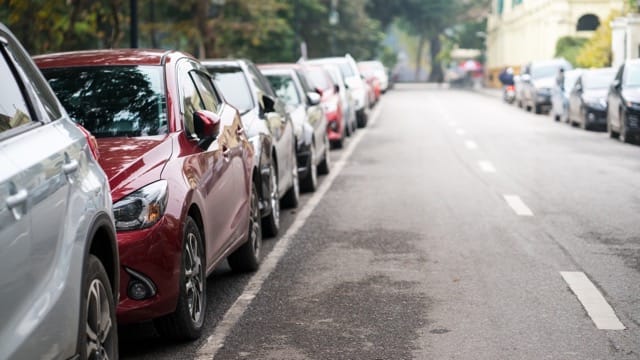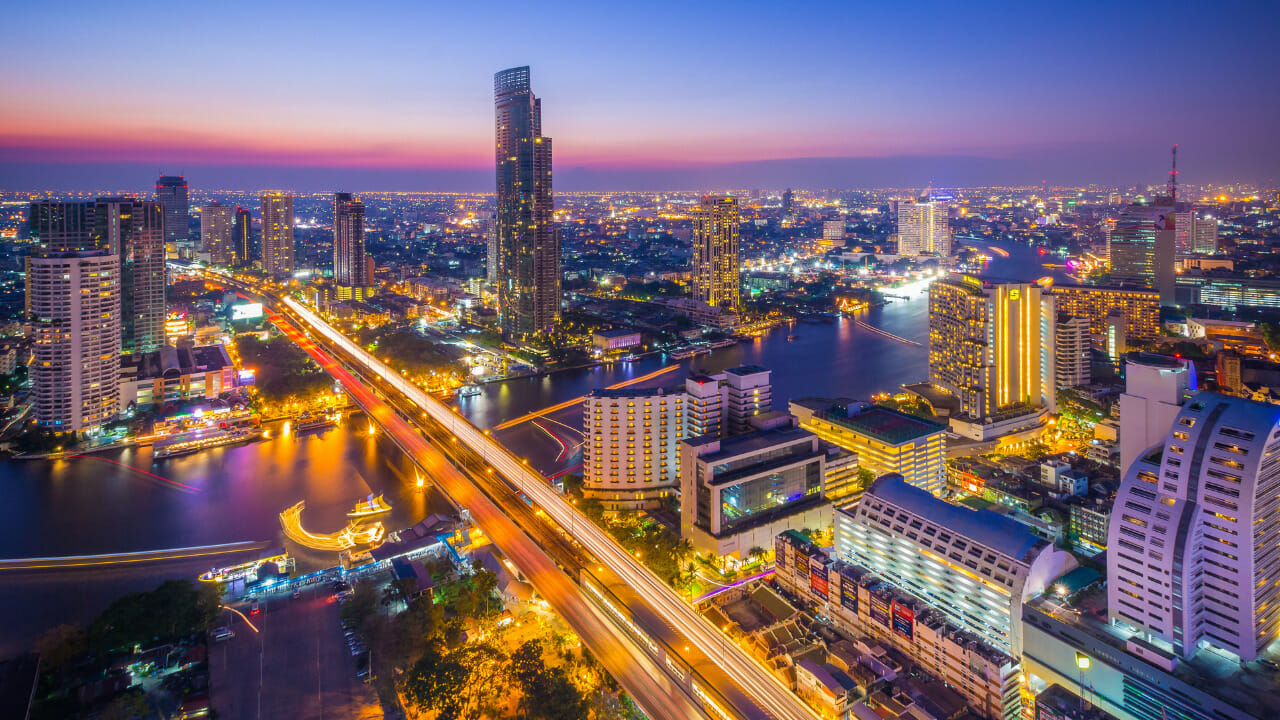How will autonomous cars park when they drop us off at our destination?
I hope they don’t do it the way we do it now.
Nowadays we park cars simply for one reason: it’s cheaper to do it than not to do it. Well, or not: there are alternatives that allow us not to have to park the car, or not to have to do it in a regulated way:
- Having a chauffeur drive around where we are, waiting for us to finish our chores, to pick us up again at the door. Depending on the number of stops we make, and the duration of the same, it can be interesting to hire the services of a chauffeur and to face the additional expense in fuel. If we only make one or two stops of long duration, this possibility loses its attractiveness. If we cannot hire a driver, we must compute the opportunity cost of the family member/friend who drives us, drives around the block, and picks us up.
- Illegal parking. Depending on the cost of the fines, the actual chances of being fined, and the empathy we have for our fellow citizens we leave stranded, it may be more advantageous than looking for parking. Double parking “just for a few minutes” seems to be a national sport in some countries.
What will autonomous cars do?
Either of the above two options could be leveraged to avoid having to park and pay for it.
- As autonomous cars will be electric, and the minimum speed at which they must drive without being fined is really low, the energy consumption of keeping moving may be much lower than the cost of parking in a parking lot. As an example, in Spain the minimum speed is 15 km/h for roads where the maximum speed is 30 km/h. As other roads have a higher minimum speed, there would be a constant congestion of cars driving at 15 km/h in these slower areas, which would attract cars whose owners are in other areas with a faster minimum speed, and therefore higher consumption per minute. Moreover, autonomous cars would have the perverse incentive of creating congested traffic themselves. It is not illegal to drive below the minimum speed limit if traffic conditions prevent it.
- Parking in the second row will no longer be a problem for the car we block. Our car will detect that legally parked cars want to leave, so it will move over enough to let them leave, and then maneuver to occupy it themselves. The police will no longer have any incentive to fine these waiting vehicles if they do not block traffic, because they will not be able to prove intent or nuisance. What’s more, cities should set up areas where autonomous cars can double park, thus saving energy and space.
So are we talking about the end of parking as we know it?
There are studies such as “The autonomous vehicle parking problem” that clearly show that the artificial creation of congestion is the best decision an autonomous car can make. To counter this problem, the study advocates applying a fee for the time the car is occupying the public road. A kind of pay-per-use of a common asset such as urban roadways. It seems like a good idea that, instead of having to pay for using the street, the use of parking lots would be subsidized. However, this measure, in addition to being very costly for the public coffers, would not be effective according to the simulations of the above-mentioned study.
However, this solution inevitably leads us to a question: What will happen to commercial parking lots?
Their occupancy rate and demand will depend on several factors, the most important of which are the price established for the use of public roads and the price of parking. Commercial parking lots can only improve margins through cost savings, as the price per minute of use will be capped by local government revenue policies. And that’s where Kerb becomes the best ally to have. Right now, humans park their cars in the parking spaces they can find, competing with other drivers who fight (sometimes even physically) to park in the same space when there are many more available a little further away. However, Kerb will assign each autonomous car a particular space to go to, depending on how long it will be parked. The longer it will be parked, the cheaper the cost per minute, since it allows for much more compact car packing and more efficient space utilization.






